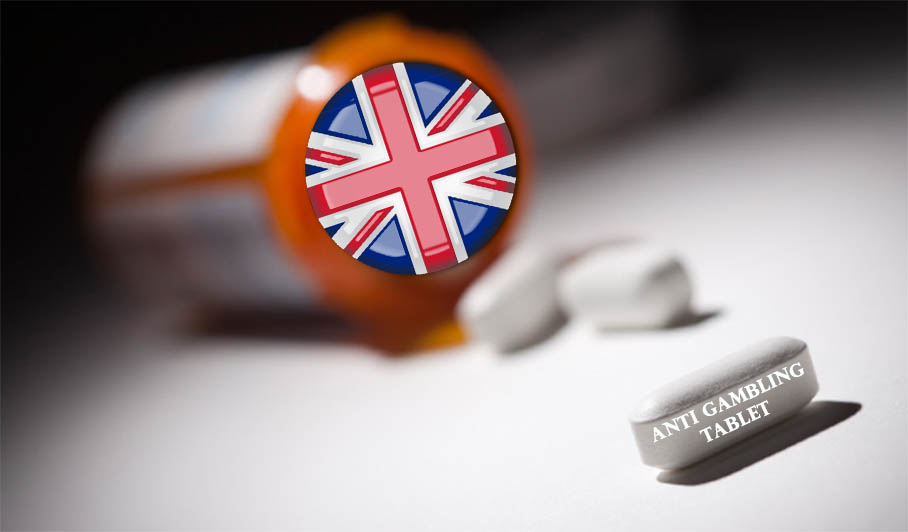The gambling problem in Britain is becoming more serious. Britain’s gambling addicts get prescription drugs to beat their cravings for gambling. However, the questionable solution costs more to the NHS than you can imagine. Britain’s National Health Service spends £10,000 per year on prescription drugs for gamblers.
First of all, the term problem gambling – AKA ludomania – means desperate need to gamble despite the harmful consequences.
According to online betting news FOBTs – fixed odd betting machines – cause many problems in terms of gambling in Britain. More than 1.5 million people gamble on fixed odd betting machines throughout the UK. It is claimed that these machines cause aggressive behavior in gamblers and increase in crime rate. However, people tend to deny the fact that FOBTs are addictive. In other words, gambling is not addictive according to many British gamblers.
The medication doctors use to ‘cure problem gambling’, usually given to patients with severe drug and alcohol problems. Data showed that there are over 500,000 problem gamblers in the UK. Therefore, National Problem Gambling Clinic decided to use Naltrexone as a therapy.
The drug stimulates brain receptors and gives an euphoric feeling. However, the medicine itself is not a cure for gambling addiction but can be used as part of the treatment. Combining counseling or particular group training together with the medicine would produce greatest results. However, the medicine comes with a cost which scales up to £800 in a month.
A researcher from National Problem Gambling Clinic Dr. Henrietta Bowden-Jones London claimed that the medication they use can stop even the most compulsive gamblers. In other words, no more craving for the one last round in roulette.
Prescription drugs can be useful in order to harness the compulsive behavior temporarily. Nevertheless, the long term solution lies behind the original roots of the problem which should be dug out in order to cure the gambling problem in Britain.
